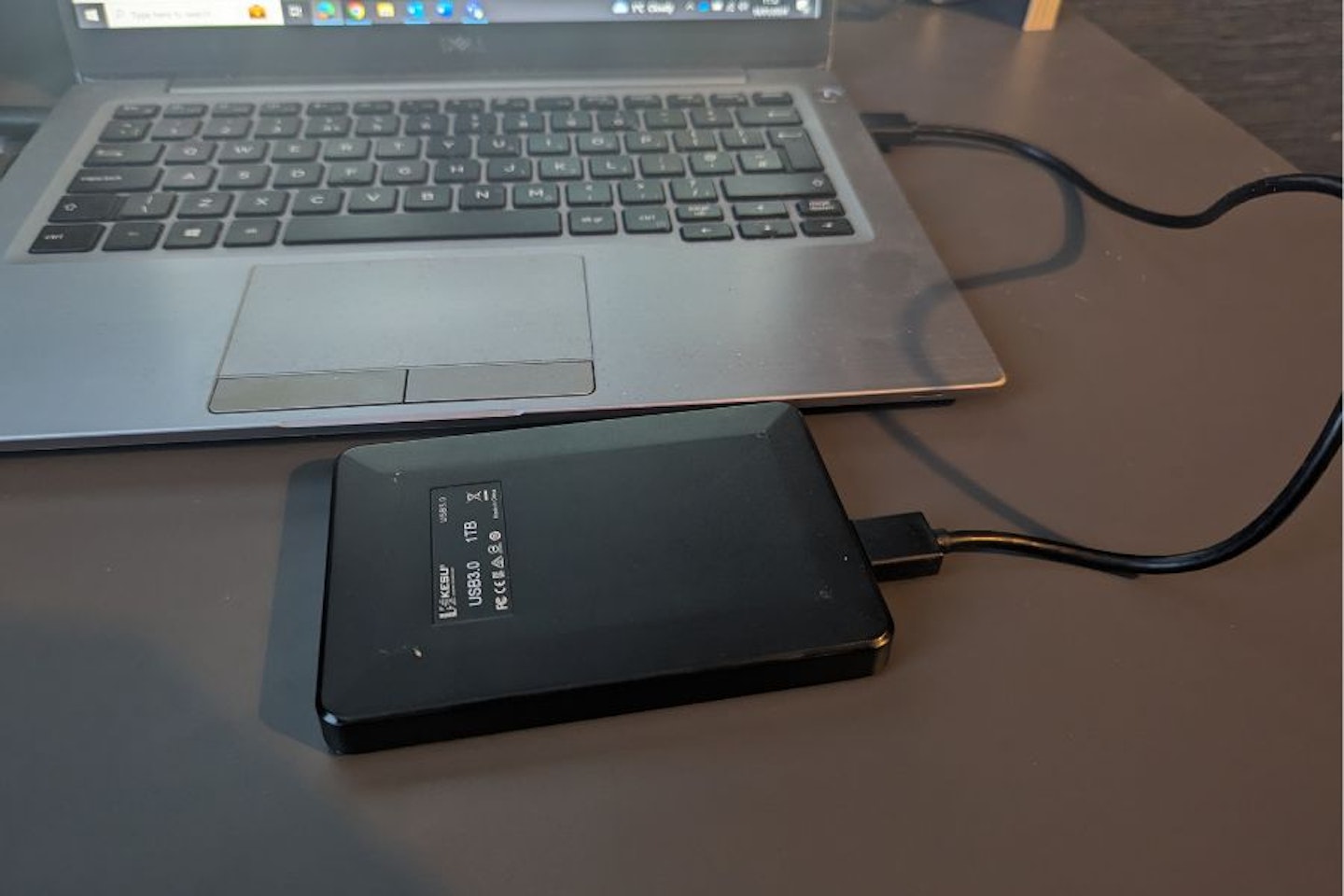When selecting a new quality laptop or computer, it's important to keep an eye on the specs like the CPU and GPU, but the storage capacity is the thing you're most likely to interact with over time. Whether you've opted for an SSD or HDD, your computer's internal storage will have a set limit before you need to expand it externally.
You might wonder how much storage is enough, but this ultimately depends on what you use your computer for. Gaming PCs and gaming laptops will want a hefty total for many downloads. Work computers vary depending on the medium, as text documents take up significantly less space than audio or especially video files.
Finding the perfect set of specs can be a real pain, so we're here to help break down which capacities should suffice for different purposes. That way, you can choose a decent option without sacrificing other core components you need.
You're not limited to just the base set of memory either, as there are plenty of external options. However, they can get pricey, so we'll discuss the types and sizes worth your money.
For general use
If you don't download many files, play many games, or use your computer to browse the internet and watch content mainly, you probably don't need a large storage set.
The smallest storage size you should ever see for a laptop or PC is around 256 GB. This is okay for general use, but it fills up quickly with even just a handful of big files. We'd suggest that you instead go for at least 512 GB. This is double the previous amount, and most computers nowadays have this total at a minimum. If you're decent at file management, this could last a few years.
For those wanting to stretch your storage options, you can't go wrong with 1 TB. This is a very big amount that, for casual use, you're unlikely to reach the cap of anytime soon.
For gaming
While indie games and older titles tend to be reasonable sizes, it's not unusual for modern AAA games to require giant chunks of storage. When a single game can take up 60 GB, or even well over 100 GB nowadays, suddenly 512 GB is barely enough. That's why it's usually better to have at least 1 TB for gaming storage, maybe 2 TB if you want to play AAA titles without needing to juggle what's currently installed.
How much is too much?
In most cases, we think 1 TB is more than enough, even for gaming. You can splash out a bit and go for 2 TB, letting you truly live without fear of hitting the max capacity, but any more is likely a bit excessive. Storage beyond this point gets quite expensive, especially for internal computer parts.
Jobs and tasks that involve video editing tend to require a lot of storage space, to the extent that you could fill 2 TB if you're not careful. However, rather than going for pricey internal options, we think you're better off opting for additional external storage.

External options
Your choices for external storage more or less boil down to memory sticks, Solid State Drives (SSDs), or hard disk drives (HDDs).
Memory sticks are ideal for storing and transferring small files. Most of them range anywhere from 8 GB to 256 GB.
SSDs and HDDs are fairly similar, with a few differences between them. The main difference is that HDDs are an older technology, which makes them cheaper to buy - especially with high capacities. SSDs are newer and cost a bit more, but you'll find a small size unit and faster read/write speeds for the extra price.
Regardless, they're both excellent picks for large storage options. We tend to prefer HDDs for storing large files we won't always need to access, whereas SSDs are a good pick if you're short on gaming space.
It's worth noting that running programs through external storage tends to result in a delay or slightly poorer performance, but choosing a model with high speeds should help alleviate that.
Kyle Purves is a Commercial Content Writer for What’s The Best, with an avid interest in all things gaming and tech.
They’re well-versed in reviewing a variety of tech products, with a soft spot for speakers and earphones. They’re also no stranger to hunting down the best savings, always wanting to get the best deal possible. Outside of work, they can often be found playing through an RPG, listening to Japanese noise rock, or trying to catch up with their ever-expanding list of shows and anime to watch. If possible, they try to play Dungeons and Dragons a couple of times a week, but getting six adults to be free at the same time is easier said than done.
Subscribe to the What’s The Best Newsletter to keep up to date with more of the latest reviews and recommendations from the rest of the What’s The Best team.
